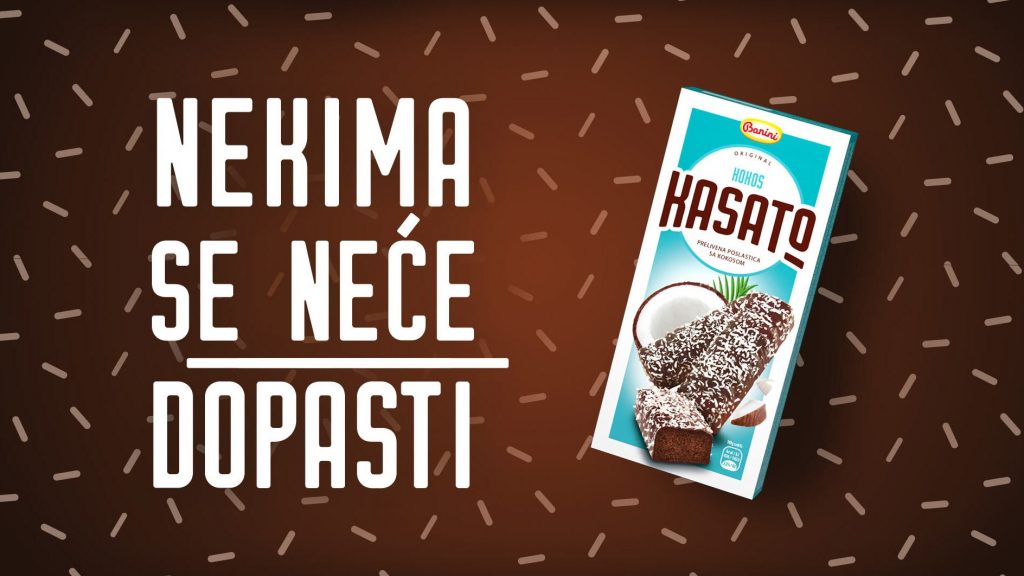WE LAUNCHED THE COCONUT KASATO
The Anti-Advertisement is the new advertisement
A bunch of users have software installed to prevent ads. Everyone else just hates YouTube when it interrupts the video they watch. Every day we see almost a thousand advertisements – online and offline. More than ever, millennials are aware of marketing teams, strategies and presentations that promise to get that click on an ad. We are aware of the cost of magic called the Algorithm, which will ensure that you see exactly what you are not interested in. And how much brands, from the biggest to the Instagram boutiques, are willing to pay that price.
And where there is no illusion, there is no successful advertising. Unless… we start telling the truth in commercials. We decided to test this premise in the Kasato Coconut Campaign – “Some will not like it.” Here are three questions you can ask yourself the next time you do a campaign:
Can the advertisement be truthful?
Well-written briefs contain a realistic representation of the product. Strengths and weaknesses. Chances and challenges. Yet, it seems like everyone is eager to focus only on the benefits – both clients and agencies. It is necessary to have a high degree of self-awareness in order to communicate honestly about the shortcomings. They are certainly there – it is better for customers to hear them from you, because everyone responds well to honesty and self-confidence.
When you think of coconut, what comes to mind first? The seashore. A light summer dress. Gentle coconut. BORING!!! Not to lie, coconut has not tasted exotic for 100 years (since the benefits of international trade became very ubiquitous). However, there is something about coconut. Something true and polarizing. It’s the fact that there are people who…really hate it.

The campaign “Some people won’t like it” addresses people who can’t stand coconuts. And it’s not trying to change their minds. Even going one step further – Kasato the pirate is one of them. The brand mascot sided with the coconut haters. On Instagram, he collected signatures for a petition to marketing manager of Kasato, and in one of the comics, he even visited the Kasato Company to file a complaint. Unfortunately for the Pirate, the campaign lasted for a few more weeks, and he obstructed it all the time.

Does an honest advertisement work?
Let’s face it, at the end of the day, something should sell. Or at least get someone to click on the ad. So I’m sure you’d like to know if a true advertisement is credible. Well…on Kasato we got a bunch of reactions that the media budget can’t buy: an army of people defending Coconut Kasato from our team.





Some convinced the Pirate that the Coconut wasn’t so bad. Others only praised the brand’s courage to talk objectively about their product. And we rubbed our little hands as the results came in from the news agency:
398,000 views,
1300 shares,
1650 saves,
172 comments
In addition, we scored the IAB Mixx award in the Best Product Lunch category.

TLDR: Honesty works.
Why isn’t every advertisement truthful?
And lastly, if the first two answers are yes – if the advertisement can be truthful, and also convincing, the last question is: why isn’t every advertisement truthful? A sense of what is “next” in the industry sets good ones apart from average creative works. Truth ads seem to be the heir to the era of Cool Brands (which I’ll write about soon).
It’s not good to come to a party when it’s after party time. So now is a good time to make advertising truthful again. Our customers and clients will thank us, I’m sure.

